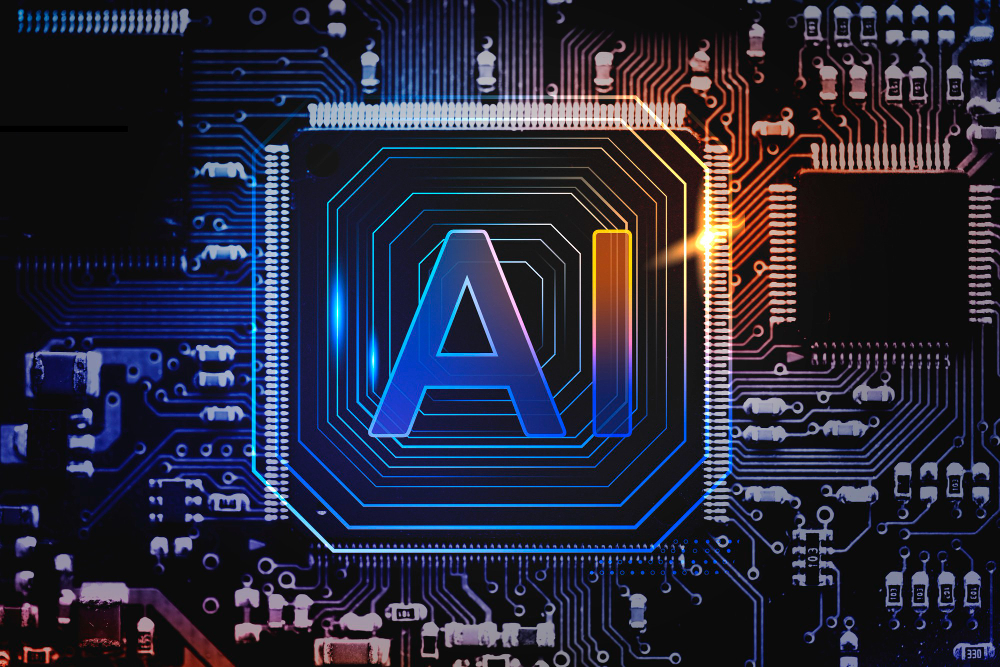
Generative AI is rapidly reshaping the landscape of software development. For CTOs, this revolution presents both immense opportunities and new challenges. As AI-driven tools automate coding, enhance software design, and improve testing, businesses can unlock unprecedented efficiency and innovation. This guide explores how Generative AI is transforming software development and provides insights for CTOs to navigate this shift effectively.
Generative AI utilizes deep learning models to generate text, images, code, and even software architecture. In software development, AI-powered tools can:
Generative AI reduces development cycles by automating repetitive tasks, enabling developers to focus on high-value problem-solving.
AI-driven automation cuts down development costs by minimizing errors, reducing manual testing efforts, and optimizing workflows.
With AI-powered code reviews and intelligent debugging, software quality improves, leading to fewer post-deployment issues.
By accelerating coding, testing, and documentation processes, businesses can launch software products and features much faster.
AI acts as a coding assistant, helping developers write better code and upskill in new technologies more efficiently.
Tools like GitHub Copilot and OpenAI Codex help developers write code efficiently by suggesting snippets, reducing syntax errors, and completing functions.
Generative AI tools identify vulnerabilities, optimize test cases, and ensure high-quality software releases with minimal human intervention.
AI automates CI/CD pipelines, ensuring seamless code deployment, efficient infrastructure management, and reduced downtime.
AI-driven chatbots enhance developer support, providing instant solutions to coding-related queries and documentation searches.
AI continuously scans code for security vulnerabilities, helping CTOs maintain secure applications against potential threats.
Generative AI models may introduce bias, security vulnerabilities, or compliance risks. CTOs must ensure AI-generated code adheres to industry standards.
Seamlessly integrating AI tools into the existing development pipeline requires careful planning and infrastructure updates.
To maximize efficiency, businesses must continuously refine AI models with domain-specific training data.
Over-reliance on AI for coding might reduce developers’ problem-solving skills. Striking the right balance between automation and human expertise is crucial.
Equip teams with knowledge about AI-assisted coding and ethical AI usage to maximize benefits while mitigating risks.
Evaluate AI solutions based on compatibility, performance, and security compliance before integrating them into the development pipeline.
Ensure AI-generated code aligns with data privacy, security, and regulatory requirements.
Regularly audit AI-generated code to maintain accuracy, reliability, and security across development projects.
Encourage teams to experiment with AI tools and explore new AI-driven approaches to software development.
Generative AI is a game-changer for software development, offering CTOs a powerful tool to enhance productivity, reduce costs, and improve software quality. By strategically adopting AI-powered solutions, businesses can stay ahead of the competition and drive digital transformation. However, CTOs must navigate challenges wisely and implement best practices to ensure a balanced, secure, and efficient AI-driven development environment.
Is your organization ready to leverage Generative AI for software development? Contact Virstack to explore AI-driven solutions tailored to your business needs.